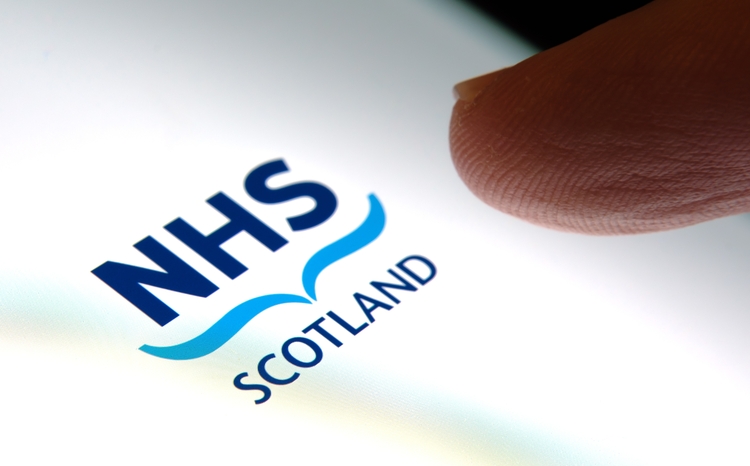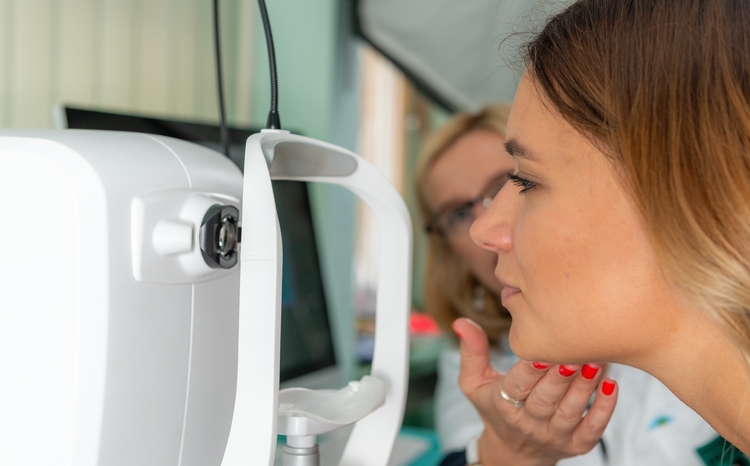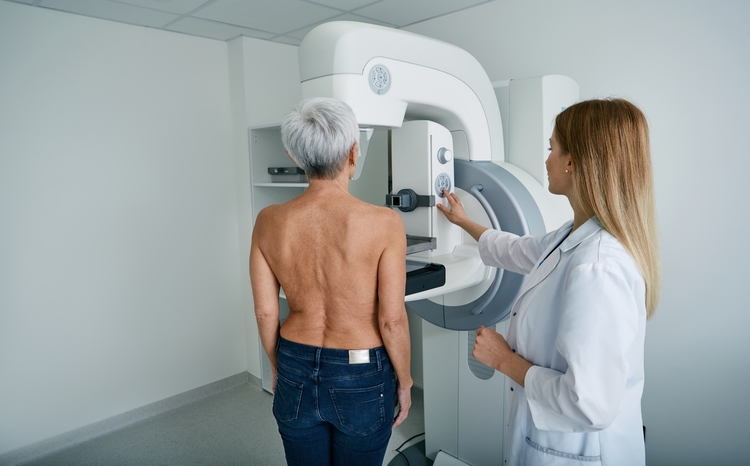New patient list rules are a ‘significant undertaking’ for digital providers, Babylon says

Requiring digital-first providers to set up new practice lists for out-of-areas patients will be a “significant undertaking” for both digital providers and local commissioners, the managing director of NHS services for Babylon has said.
Speaking to Digital Health News, Paul Bate said it was clear digital-first primary care was now “firmly on the map” and a “primary fixture” for the NHS for years to come, with NHS England policy now reflecting that.
His comments came in response to NHS England and NHS Improvement’s decision last week to amend out-of-area patient registration rules so digital providers would have their contracts disaggregated once they reach a threshold of 1,000.
The verdict means Babylon, which has currently registered about 60,000 patients, will have to set up 17 new alternative provider medical services (APMS), some of which will require new physical premises.
“This is a significant undertaking. Each time you set up a new practice or clinic we do so very carefully and very safety,” Bate told Digital Health News.
“To do that numerous times will take time and it will take energy, not just on behalf of GP at Hand but for the commissioners involved as well, for example in making sure there is a clear understanding of all the referral pathways and the screening pathways.
“These things do take time and resource and cost, so we are going to have to be investing in that, in the same way we have been investing in NHS business for years and will continue to do so.”
It is unclear how much it will cost Babylon, or local Clinical Commissioning Groups (CCG), to set up new practice lists until detailed planning for their implementation takes place, Bate said.
The number of new physical premises required of Babylon will vary depending on the distance between a new patient list and an existing practice, he explained.
“The consultation response is explicit that clinics are not required in each CCG if there is another clinic within a reasonable travel time. NHS England has established that 40 minutes is a reasonable maximum travel time to a Babylon GP at Hand clinic and we expect this to form the basis for future guidance.”
Prior to the consultation closing, Babylon had called on NHSE to provide “financial incentives” to help digital-first providers set up new APMS should they be required.
NHSE’s decision last week did not offer explicit financial support in the event of a new APMS being established.
Bate did not comment on whether Babylon was disappointed with this decision, but said: “The APMS contract allows flexibility in what the funding envelope is, including reimbursement, so we will be looking closely at the implementation over the coming months as to what that means.
“The principal for us would be if there is something that is funded in general practice across the country then that should be funded on an equal basis. All we are looking for is a fair and level playing field.”
The Digital Healthcare Council also previously raised concerns about the proposal to disaggregate contracts when a threshold of out-of-area patients is met, saying it would be “burdensome” to CCGs.
“If we get this right, we could create physical centres of excellence that are easy for patients to reach from a range of CCGs, and that are supported by state-of-the-art digital offering. It looks as though the consultation response still allows that possibility,” Graham Kendall, director of the council, told Digital Health News.
“The paper makes it clear there will still be a requirement for local CCGs to hold APMS contracts, albeit on national terms, so there will be an administrative element for those CCGs.
“The important thing here will be to make sure that care is properly integrated. To some extent that is about the local working relationships, and that of course involves both providers and CCGs.”
But Kendall raised concerns about the decision to focus digital-first providers in under doctored as it may not be suitable for all patients.
“It’s still not clear what methodology will be used to define an under doctored area, so it seems strange to commit to something before being able to describe it precisely,” he added.
“Second, patients’ experience of the availability of doctors varies across the country, and crucially, also within CCGs. So, it’s almost inevitable that a blanket proposal to restrict access is going to act more like a postcode lottery rather than a focused way to address a specific problem.”
READ MORE:
- Out-of-area GP rules to be changed to address digital-first inequalities
- NHSE consultation on digital GPs could stifle Babylon’s expansion
- Babylon calls for financial ‘incentives’ for digital providers in primary care
- Out-of-area GP rules should be ‘withdrawn’, BMA says
- Changes to out-of-area GP rules ‘would be burdensome’ to CCGs’





1 Comments
You either want to provide the right kind of care for patients signing up to digital first GP surgeries – which is what Babylon GP at Hand is – or you don’t. These changes are necessary to make sure that patients are not put at risk or provided a poorer access to care because they are not an affluent individual working out of the City of London who can trek across town at expense for a FTF appointment for something that cannot be handled over telephone or video call… such as a where a GP needs to feel something, see you move, listen to you breath, look in your ear, look down your throat etc.
Comments are closed.